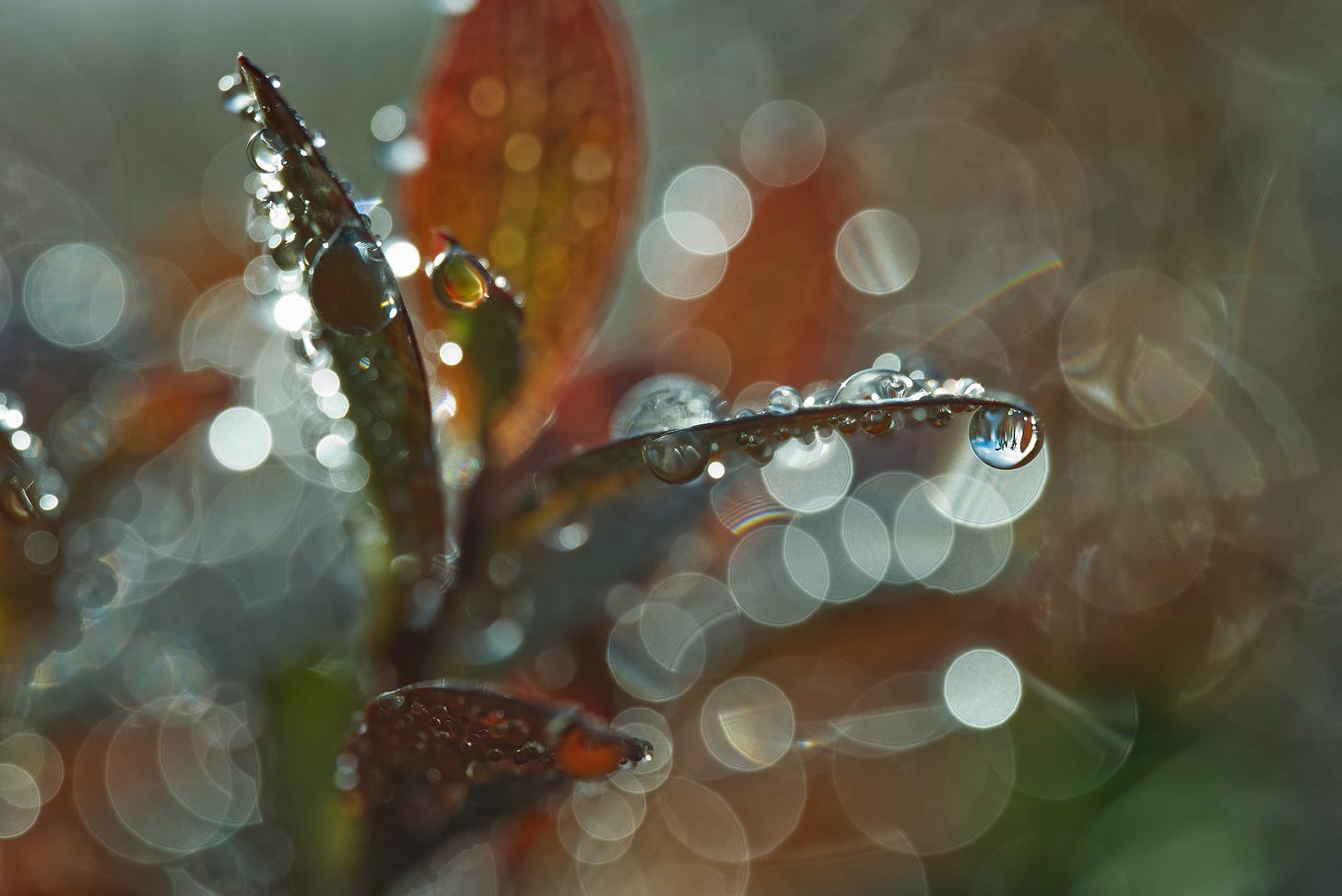Does Beauty Comes of All Things?
In the Netflix Series “Surviving Death” the first story is about Doctor Mary Neal, an Orthopedic Spine Surgeon who spends 30 minutes pinned underwater after going over a waterfall in a kayak. She drowns, but her body is eventually found and she is revived. During her time lifeless under water she experiences a trip through Continue reading "Does Beauty Comes of All Things?"




